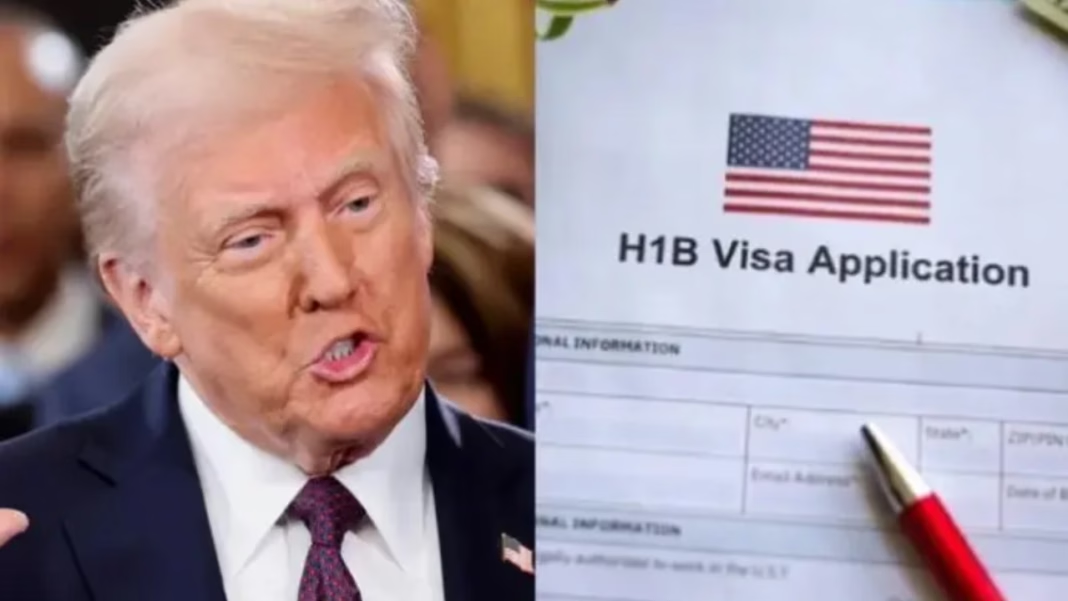The H1-B Visa program is undergoing a fresh scan after President Trump’s recent tariff measure. The soaring taxes on imports in industries like technology have rekindled the controversy on the use of skilled foreign workers, such as the holders of H-1B, as the trade conflict changes the priorities of the economy.
Do Tariffs Affect Immigration Policy?
Donald Trump’s forceful tariff policy targeting imports from foreign countries, especially in tech and manufacturing, has caused pundits to wonder if immigration rules will change similarly. Traditionally, H-1B reforms become more prevalent when protecting home-grown jobs is the main concern, thus setting the scene for the possibility of new limitations by rising tariffs, putting U.S. workers under stress.
DON'T MISS
Tech Leaders Refute
Notably, in the middle of the heated debate, the H-1B program found some strong supporters among prominent people of Silicon Valley, such as Elon Musk and Vivek Ramaswamy, who spoke out in support. They maintain that the U.S. has to accept D9-skilled foreign international workers for it to be able to keep the lead against the global competition, and as a result, cutting visa numbers will only slow down innovation and hinder growth.
Rules, History, and the Future Point of View
Traces of Trump’s first term can be spotted in a “Buy American, Hire American” executive order effect, which was quite noticeable in the H-1B criteria reforms; the main goal was to prioritize those applicants who were paid the most and had the highest level of skills. If the trade war goes on, there is every chance that another executive or legislative action of a similar nature might be taken.
What Would Be The Impact of The Changes On The Workforce and The Employers?
International workers and employers dependent on H-1B are likely to see the mounting fiscal crisis and political mood swings play into the shaping of future policies. On the other hand, domestic labor groups may do all they can to secure the region in their areas of specialties and competence, increasing the priority of their workers in case tariffs have adverse effects on job security.



